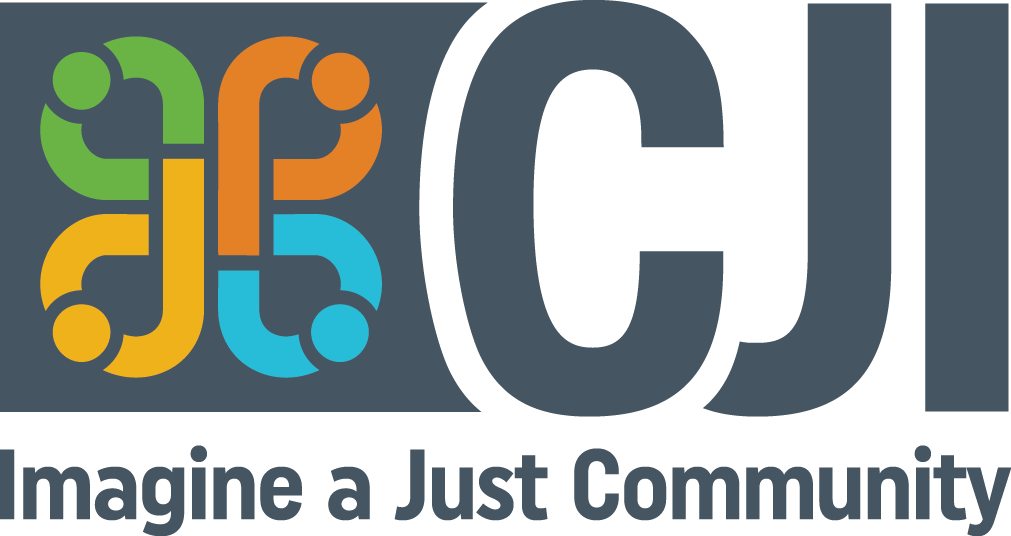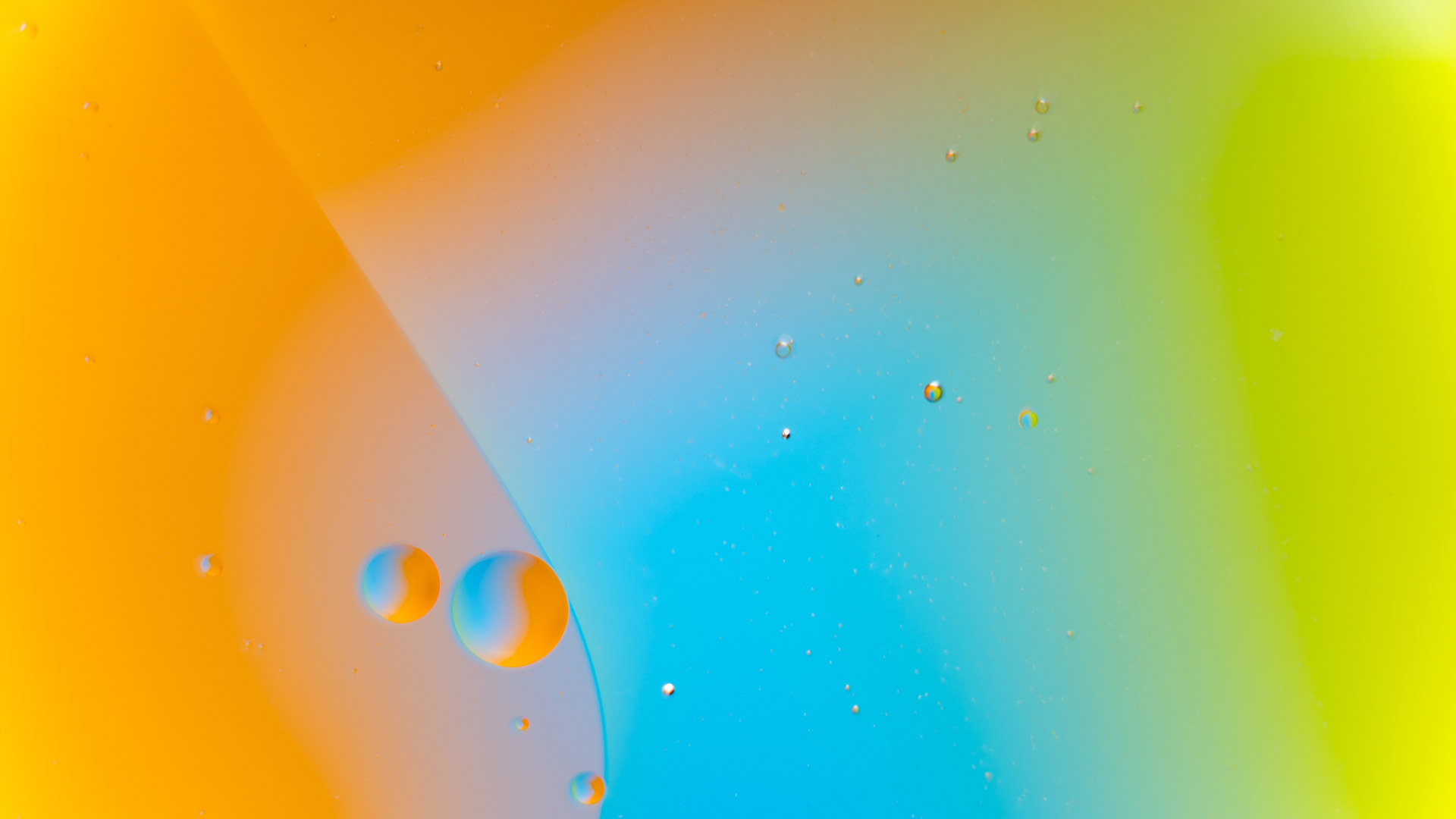Sulah Q+A
Sulah Q+A
Our Sulah program continues to help meet the needs of people who have experienced harm because of their identity. Sulah also impacts people who have harmed others by helping to build empathy and true accountability. We often have people ask – how does Sulah meet the needs of our community and do people really participate in such difficult dialogues with each other?
Q: How does the Sulah program meet people’s needs who been involved in identity-based harm?
Sulah is based in restorative justice. Restorative justice may address needs of those who have been harmed, including:
- having the opportunity to ask questions of the person(s) who has harmed them;
- wanting the person(s) who harmed them to understand the impact that their actions have had on them, their family members, and others in the community;
- receiving restitution or compensation in a direct way
- hearing a direct, sincere apology
- experiencing another step in their journey towards healing.
Sulah may also address the needs of those who have harmed others. Those who have harmed have an opportunity to:
- express their accountability;
- fulfill their obligations to the victim and the community in ways that are meaningful.
Research has demonstrated that participants in restorative justice processes are overall satisfied with the experience and results. Those who have been harmed have reported that they feel listened to and acknowledged, receive answers to their questions, experience an increased sense of safety, and, in some cases, receive concrete and direct restitution.
Those who have harmed others often report an increased sense of support, an increased understanding of the impact of their actions on others, and an appreciation for the opportunity to make things right where possible, thus reducing stigmatizing shame they may experience.
For those who have harmed others, the restorative processes in Sulah offer an opportunity to consider another way of thinking about the identity-group they have targeted, while still upholding their own dignity. In his book “Hate Crime and Restorative Justice: Exploring Causes, Repairing Harms,” Mark Walters cites research that indicates beliefs and expectations associated with having differing identities and cultures can be challenged through dialogue. “The promise of RJ is that inclusive dialogue may be better suited to reducing the harms caused by hate, while simultaneously challenging the underlying causes which give rise to hate-motivated behaviour” (xxiv-xxv). Walters posits that people who engage in hateful activity are unlikely to change their views if they are punished (xxi).
Q: Are there actual referrals of people who are willing to participate in the Sulah program?
Yes, for example in the past year we have had 84 people engage with the Sulah program.. We also interviewed community members who are involved in the Sulah program as volunteers. They had this to say about Sulah:
“All those participating in Sulah cases (facilitators and participants) have the opportunity to better realize the complexity of racism and acts of racism, particularly in understanding the impact our actions (whether intended or not) have on each other in deeply personal and long-standing ways. There is the potential for a high degree of accountability to each other in having to listen to the experiences of others, and in being vulnerable through sharing your own experiences with those that have caused harm or who you have caused harm against.
While dialogues don’t ‘fix’ the long-standing issues or assumptions, there’s the potential for things to change or shift even slightly toward a better or different understanding of the conflict. With time and some distance from the immediate conflict, I think the very different experience that Sulah offers people – in facing each other, in sharing our personal experiences and owning our piece in the conflict – has the potential to lay the foundation for us to change our response to future experiences of conflict, of racism or identity-based harm.”
Do you have more questions? If you do, please read our report HERE or contact Jill Magazine, Sulah Coordinator, at [email protected]


